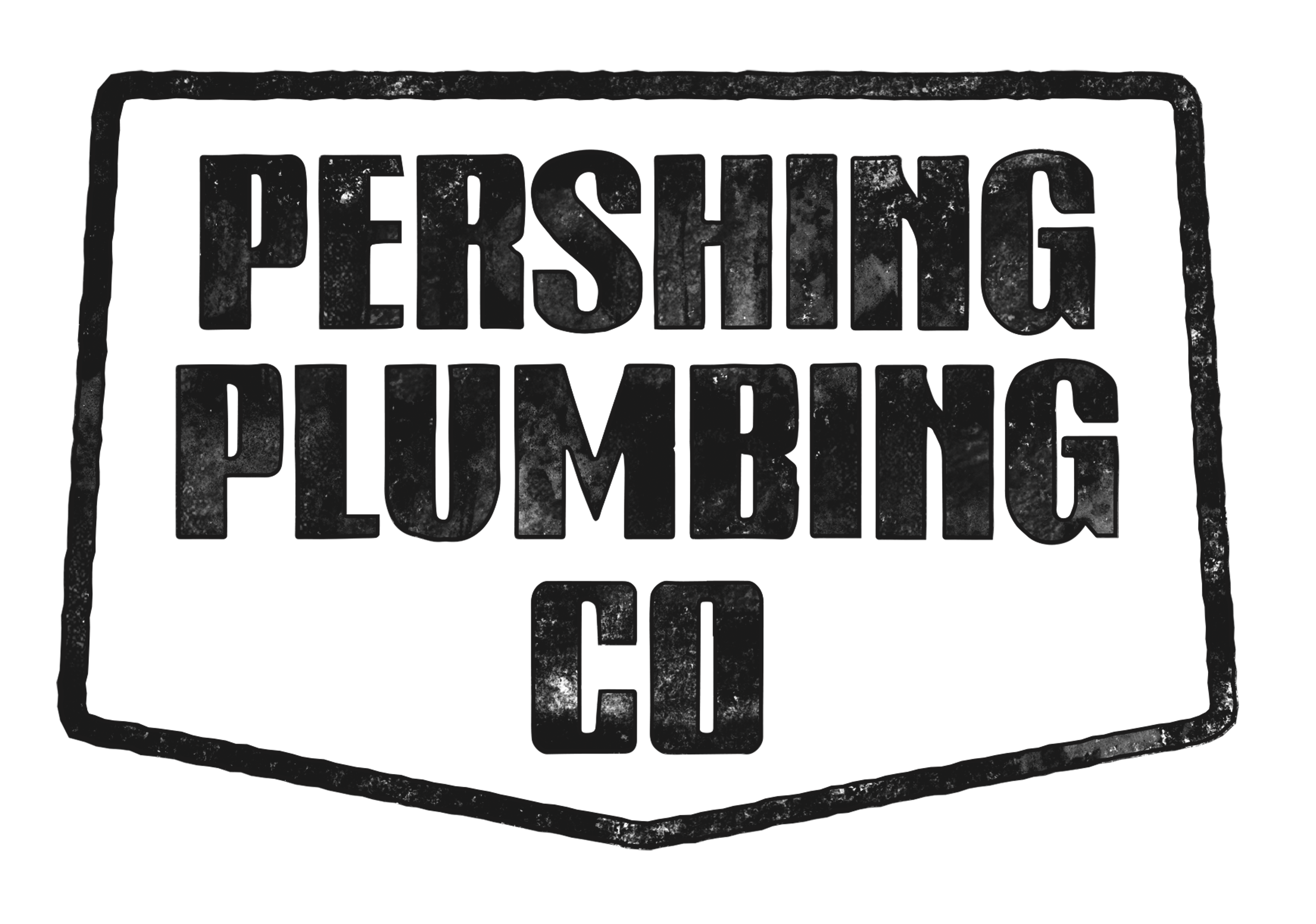When it comes to maintaining your home, understanding the lifespan of your plumbing pipes is crucial for avoiding expensive repairs or unexpected leaks. Plumbing pipes are designed to last for decades, but various factors—such as the material of the pipes, water quality, and maintenance—can impact their longevity. If you’re wondering whether it’s time to replace your pipes, a Pasadena Plumbing expert can provide professional insight and guidance.
How Long Do Plumbing Pipes Last?
The lifespan of plumbing pipes depends largely on the material they’re made of. Here’s a breakdown of common pipe types and their expected longevity:
- Copper Pipes
Copper pipes are durable and commonly found in modern homes. They typically last 50 to 70 years, but their lifespan can decrease if the water is highly acidic or if the pipes were poorly installed. A Pasadena Plumbing expert can help you determine if your copper pipes are still in good condition.
- Galvanized Steel Pipes
Galvanized steel pipes, often used in homes built before the 1960s, have a lifespan of 20 to 50 years. These pipes are prone to rust and corrosion, which can lead to discolored water and reduced water pressure. If your home still has galvanized pipes, it may be time to replace them.
- PVC Pipes
Polyvinyl chloride (PVC) pipes are commonly used for drainage systems. They can last 50 to 80 years or even longer under ideal conditions. However, exposure to extreme temperatures or physical damage can reduce their lifespan.
- PEX Pipes
Cross-linked polyethylene (PEX) is a newer material that is highly flexible and resistant to corrosion. PEX pipes have an expected lifespan of 40 to 50 years, making them a popular choice for modern plumbing systems.
- Cast Iron Pipes
Found in older homes, cast iron pipes typically last 50 to 100 years, but they are prone to corrosion over time. If your home still has cast iron pipes, it’s a good idea to have them inspected by a Pasadena Plumbing expert to assess their condition.
Factors That Affect Pipe Lifespan
While the material plays a major role, other factors can impact the longevity of your plumbing pipes:
- Water Quality: Hard water with high mineral content can cause buildup that shortens a pipe’s lifespan.
- Maintenance: Regular inspections and prompt repairs can extend the life of your plumbing system.
- Installation Quality: Poorly installed pipes are more prone to leaks and early failure.
When to Replace Your Plumbing Pipes
If your home is older or you’re experiencing frequent leaks, discolored water, or low water pressure, it may be time to replace your pipes. A Pasadena Plumbing expert can inspect your system and recommend whether repairs or a full replacement is necessary. Replacing outdated pipes not only prevents costly water damage but also improves your home’s plumbing efficiency.
Contact a Pasadena Plumbing Expert Today
Understanding the lifespan of your plumbing pipes is an essential part of home maintenance. Whether you need an inspection, repairs, or a complete pipe replacement, a Pasadena Plumbing expert has the knowledge and experience to help. Don’t wait for a plumbing emergency—schedule a professional inspection today to ensure your home’s plumbing system is in top shape!

